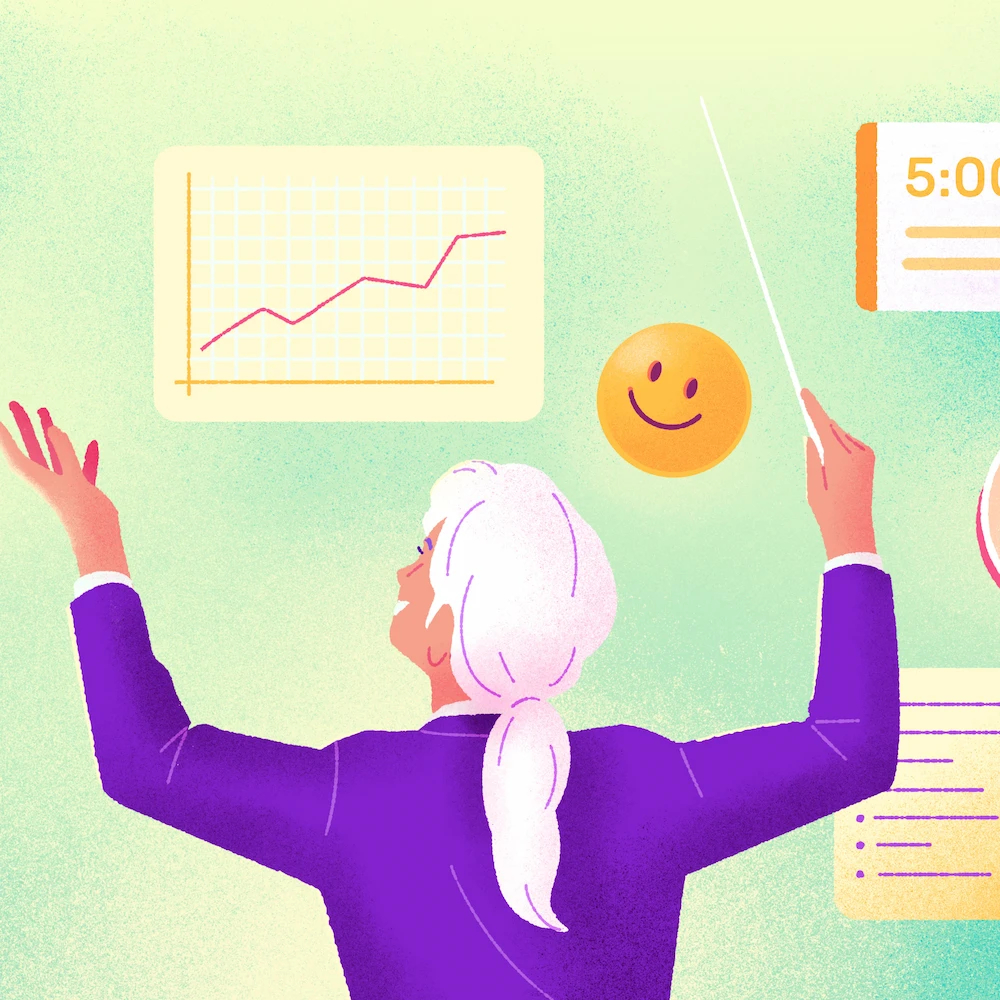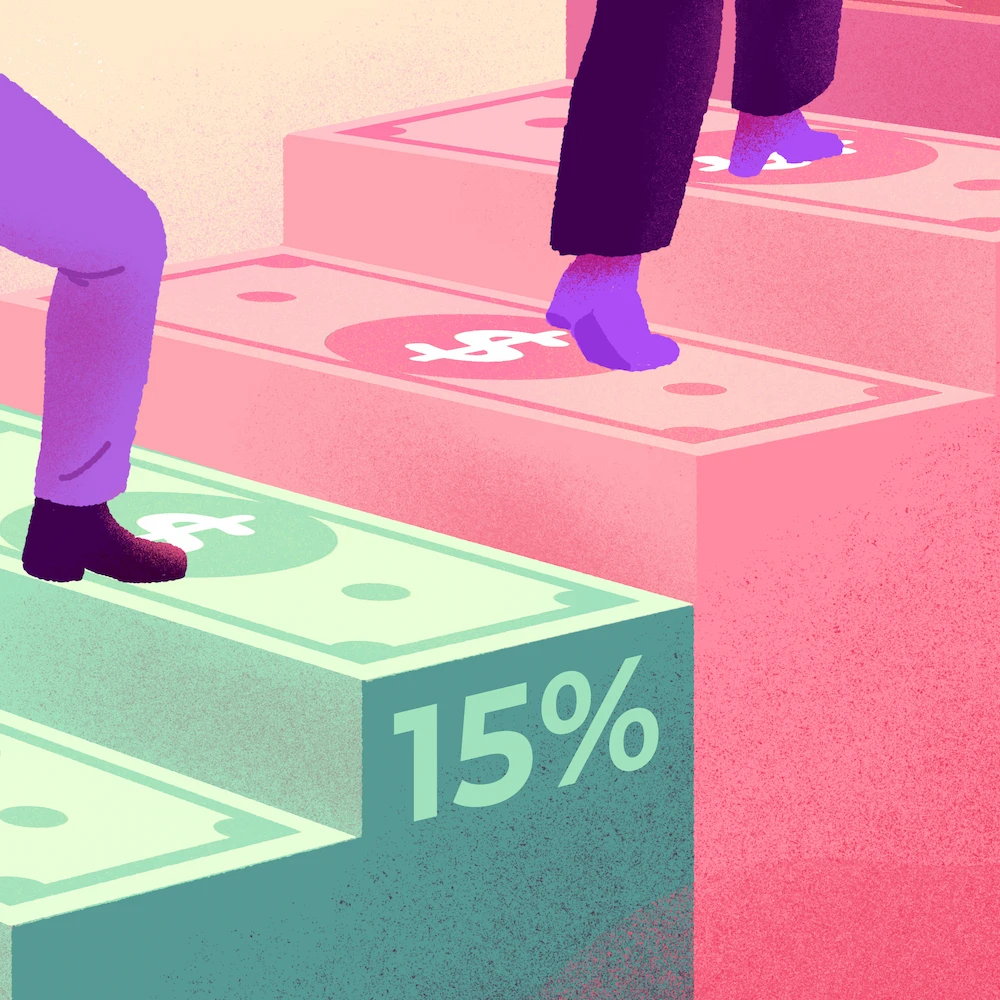Paternity leave refers to the interruption or reduction of work benefits enjoyed by a parent in the role of father with the arrival of a newborn child.
Who Is Eligible for Paternity Leave?
In Canada, workers whose normal earnings have been reduced by 40% for at least 1 week, or who have accumulated 600 hours of insurable employment in the last 12 months or since their last application, are eligible to receive parental benefits.
In Quebec, all workers who contribute to the Quebec Parental Insurance Plan (QPIP) are entitled to paternity leave when a newborn child arrives in their home.
How Long Does Paternity Leave Last?
In Canada, parental benefits can last up to 40 weeks.
In Quebec, paternity leave lasts 5 continuous weeks.
Can an Employer Refuse a Paternity Leave?
Employers do not have the right to refuse paternity leave to an employee who meets the eligibility criteria.
What Is the Difference Between Paternity Leave and Maternity Leave?
Paternity leave is typically granted to the person who fathers the child. Maternity leave is typically granted to the person fulfilling the role of mother.
The duration of both types of leave varies according to the legislation in place.








